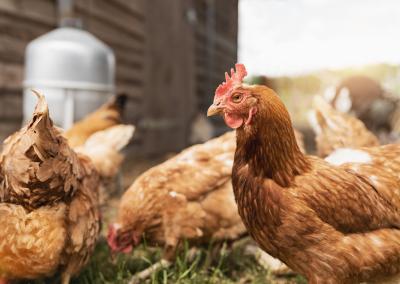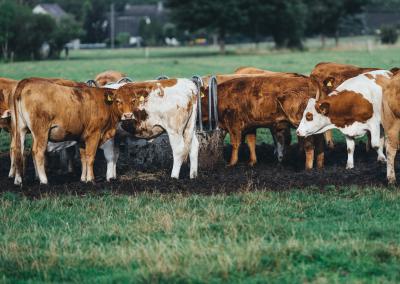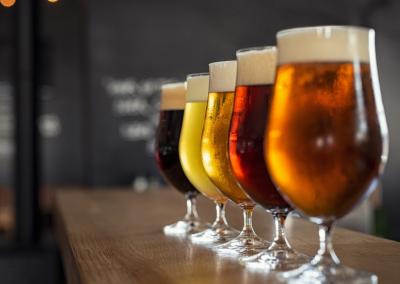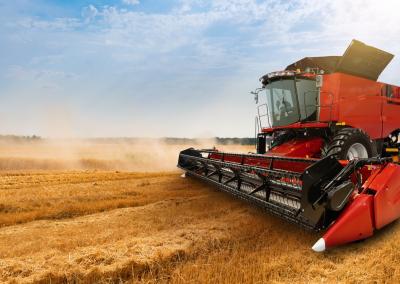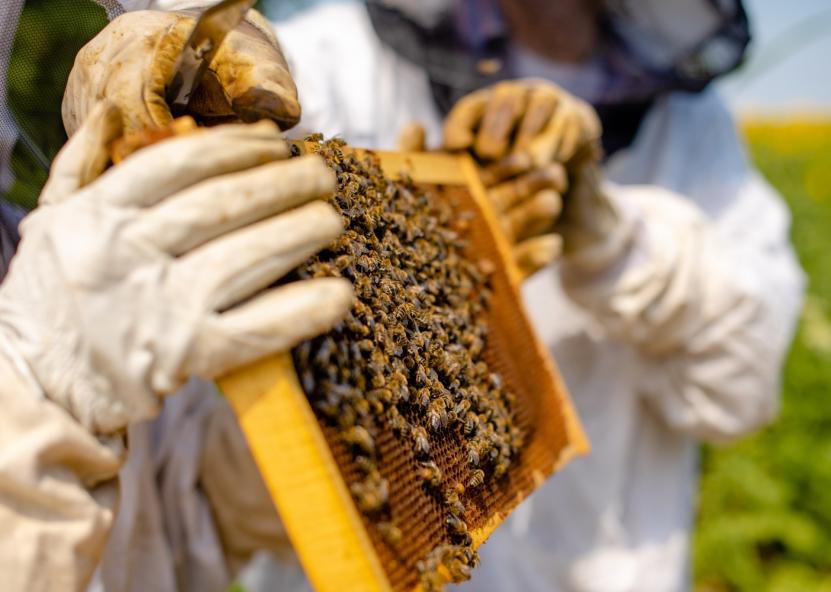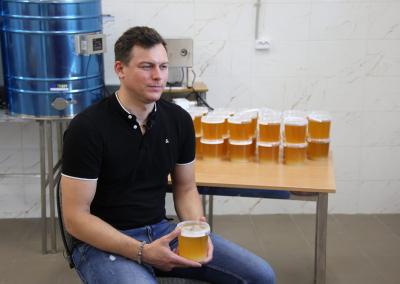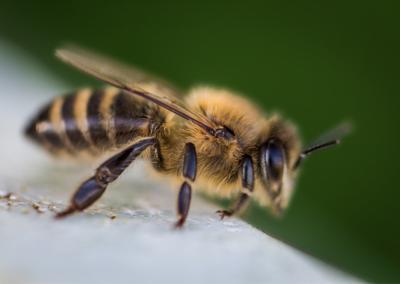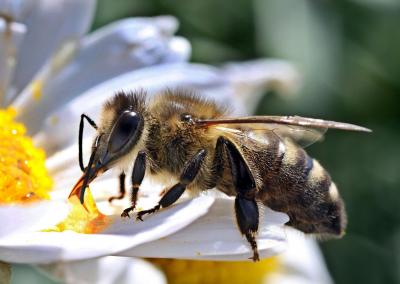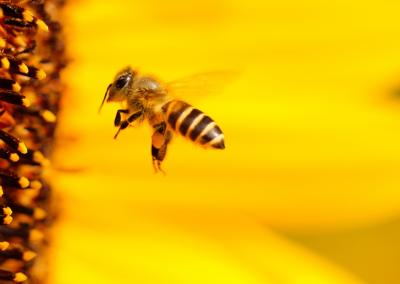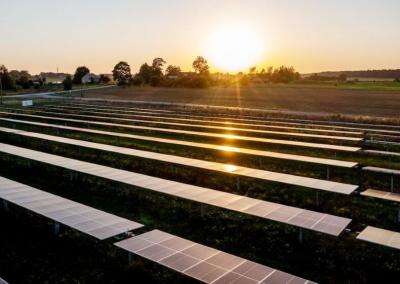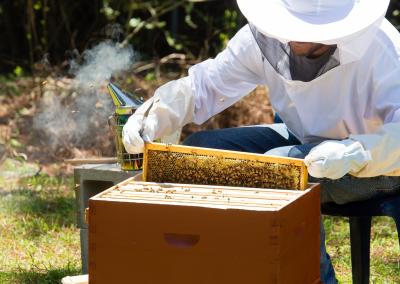Beekeepers - honey will get more expensive
This year has been an exceptional season for Lithuanian beekeepers – unusual natural conditions have created challenges for farmers. Rimtautas Ardavičius, chairman of the Kėdainiai Region Beekeepers' Association, says that in 40 years of working with bees, there has never been a season like this one.
Record-breaking flowering of oilseed rape
Despite the treacherous weather, this year's spring honey harvest was prolonged – oilseed rape flowered for as many as 40 days, says Ardavičius. Such a long flowering period for oilseed rape has not been seen for several decades.
„This is a first in history. I have been working with bees for 40 years, but I have never seen canola bloom this long. Well, here we are – the canola honey yield has been quite good“, – says R. Ardavičius.
At the moment, bees are actively collecting honey from lime trees. Beekeepers are hoping that it will continue to rain for a while and that the weather conditions will be more favourable for the bees.
Honey prices are expected to rise
The chairman of the Kėdainiai Regional Beekeepers' Association says that honey prices have only been falling for years. As a result, most beekeepers have invested less in premises, equipment and queen replacement.
„After the euro, everything has become more expensive, except for one product, honey, which has fallen by half. Now beekeepers are standing still and waiting for better times“, – says R. Ardavičius.
But this year beekeepers are happy – after a long time, a small price increase of 20 to 50 cents is expected. The change was prompted by a poor winter for bees across Lithuania, with some districts experiencing a 30 per cent drop in bee numbers and fewer bees collecting honey this year.
Imported honey – without seeing the hive
Lithuanian beekeepers are facing a market flood of imported honey. According to R. Ardavičius, imported honey, especially from China, is industrially produced in factories without any input from the bees, then brought to Lithuania and sold cheaply.
„Such honey has never seen a beehive,– says a beekeeper.Even with the help of laboratory tests, it is often difficult to distinguish between fake and real honey, but Estonian scientists have recently introduced a new technique that allows them to identify the origin of the honey more precisely. The beekeeping community hopes to see a reduction in honey imports from China. Some supermarkets have already stopped selling honey from companies that mix imported honey with Lithuanian honey.
Quality honey – only from the beekeeper's hand
The chairman of the Kėdainiai Region Beekeepers' Association stresses that in order to buy real, quality honey, one should buy it directly from beekeepers.
„Beekeepers in Kėdainiai region work honestly, there are no tricks. Nobody feeds the bees extra sugar – nature gives it to them“, – assures R. Ardavičius and adds that as the head of the association, he is familiar with almost all the members of the beekeepers' association of the Kėdainiai region, which currently has 30 members.
„We are already familiar with their working style, with all the procedures and hygiene requirements. We conduct seminars, talk, learn, communicate with beekeepers“, – he says.
Interest in other bee products is growing
Pollen, bee bread and royal jelly – these are other bee products that are increasingly popular. Unfortunately, many people still lack information about the benefits of these products for the human body.
R. "Royal jelly is expensive, but people don't realise what it does. It is very valuable – it gives energy, helps to overcome fatigue.“

